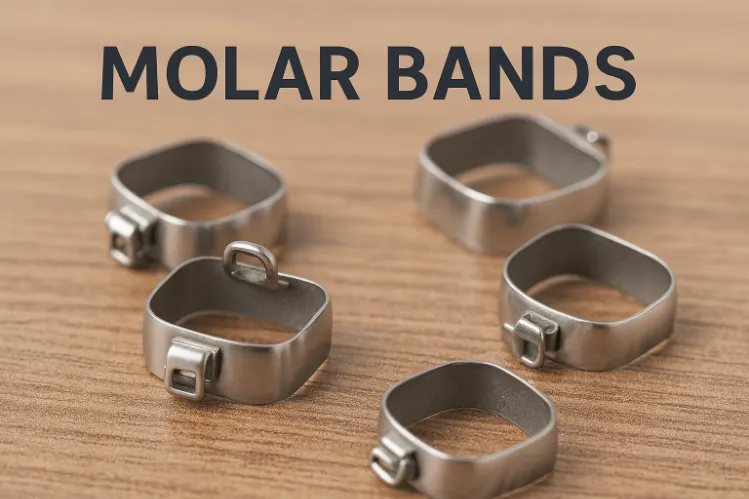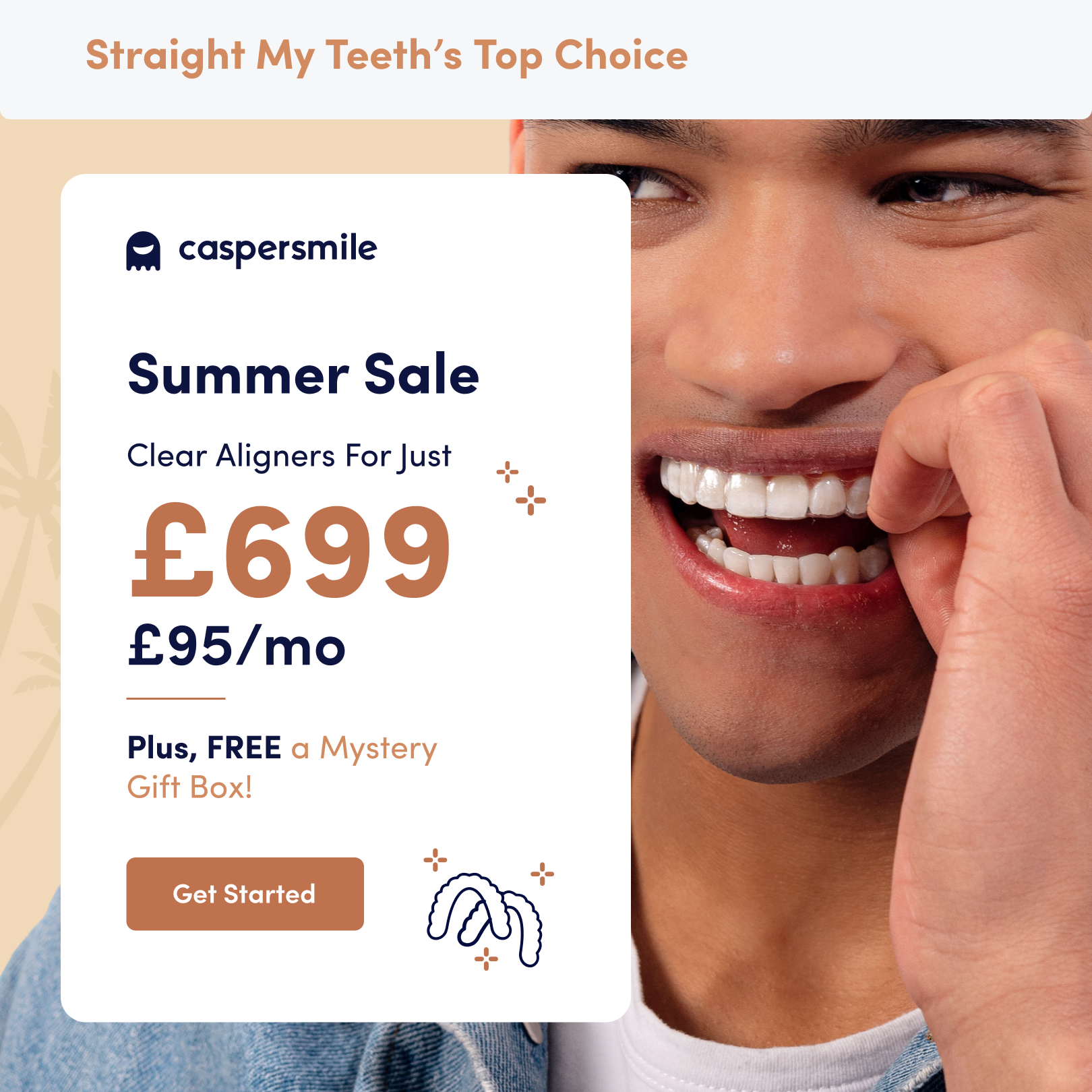
Table of Content
Remember when your teachers used to tell you off for chewing gum? Well, little did they know that it is actually good for you? Turns out, chewing gum actually has a host of health benefits, not only for your teeth but for your overall health too.
Studies have shown that chewing sugar-free gum can:
That’s not bad for a humble packet of chewing gum that costs less than £1. One of the greatest benefits of chewing gum is fantastic effects on your oral health. So, as well as remembering to brush, floss and visit the dentist, here’s why chewing gum is also your secret weapon to a healthy mouth.
The secret to a healthy mouth and bright smile is a scrupulous oral health routine. You should aim to brush your teeth twice again, floss once a day and use a quality mouth wash (though not directly after you brush). You should also visit your dentist every six months too.
If you’re thinking of the sugar-filled bubble gum you used to have as a kid. Think again. The best chewing gum for your teeth is the sugar-free variety. Not only will your teeth thank you for it, you’ll have minty fresh breath too.
The good news is that almost everyone can use chewing gum. There are many different formulations out there, so if you’re sensitive to a particular ingredient, you can usually find an alternative.
People with traditional, wired braces are advised to stay away from chewing gum as it can cause problems. The good news is, if you’re using invisible aligners to straighten your teeth, then you can still use gum as part of your dental care routine, simply remove them while you’re chewing gum and then replace.
To get the full benefits of chewing gum, you need to use it soon after finishing a meal. By doing this, you’ll stimulate the saliva in your mouth which will wash away food debris and neutralize sugar acids which can attack your tooth enamel.
You don’t need to chew it all day long to get the benefits either. Chewing for 20 minutes after a meal is more than enough time to get the benefits without the jaw ache.
A dry mouth is no fun and saliva plays a huge role in your oral health. Not only does it help you digest food, but it also fights germs, prevents bad breath and helps keep your teeth clean.
Dry mouth can be caused by a number of things including health conditions, certain medications or breathing through your mouth. It’s usually nothing to worry about and can be treated by keeping hydrated, chewing gum, or in severe cases, using synthetic saliva. Persistent dryness can lead to a condition called xerostomia which can lead to the swelling of your gums and tongue.
Too little saliva can also spell trouble for your teeth too. Not only can it cause bad breath, but it also raises your risk of tooth decay, dental erosion and periodontal disease, which is the leading cause of tooth loss in adults in the developed world.
Modern diets are high in sugar, which is terrible for our teeth enamel. It’s not just fizzy drinks and sweets to blame either. Too much fruit can also have the same effect. Chewing sugar-free gum after eating stimulates saliva which counteracts the acids in the sugar and prevents it from damaging your precious enamel.
Having bad breath can really affect your confidence. A good oral hygiene routine and regular visit to the dentist is the best way to prevent bad breath. However, chewing gum can also help you with this. Not only will it give you a quick hit of minty freshness, but the saliva it produces also ensures that any particles of food are removed from around your mouth. If left, these can begin to smell and cause bad breath. You’re not always able to brush your teeth but you can pop a piece of chewing gum in.
The secret to a healthy mouth and bright smile is a scrupulous oral health routine. You should aim to brush your teeth twice again, floss once a day and use a quality mouth wash (though not directly after you brush). You should also visit your dentist every six months too.
If you’re thinking of the sugar-filled bubble gum you used to have as a kid. Think again. The best chewing gum for your teeth is the sugar-free variety. Not only will your teeth thank you for it, you’ll have minty fresh breath too.
The good news is that almost everyone can use chewing gum. There are many different formulations out there, so if you’re sensitive to a particular ingredient, you can usually find an alternative.
People with traditional, wired braces are advised to stay away from chewing gum as it can cause problems. The good news is, if you’re using invisible aligners to straighten your teeth, then you can still use gum as part of your dental care routine, simply remove them while you’re chewing gum and then replace.
To get the full benefits of chewing gum, you need to use it soon after finishing a meal. By doing this, you’ll stimulate the saliva in your mouth which will wash away food debris and neutralize sugar acids which can attack your tooth enamel.
You don’t need to chew it all day long to get the benefits either. Chewing for 20 minutes after a meal is more than enough time to get the benefits without the jaw ache.
Having bad breath can really affect your confidence. A good oral hygiene routine and regular visit to the dentist is the best way to prevent bad breath. However, chewing gum can also help you with this. Not only will it give you a quick hit of minty freshness, but the saliva it produces also ensures that any particles of food are removed from around your mouth. If left, these can begin to smell and cause bad breath. You’re not always able to brush your teeth but you can pop a piece of chewing gum in.
Curated the best for your knowledge
.webp) Gingivitis Treatment: How to Reverse Early Gum Disease
Gingivitis Treatment: How to Reverse Early Gum DiseaseGingivitis tends to creep up quietly, usually after a stretch of rushed brushing or nights where flossing just slips your mind. The first sign is often bleeding when you spit toothpaste into the sink. That moment makes people Google how to cure gingivitis, which is honestly the right instinct. Early gum inflammation happens because plaque irritates the tissue around the teeth. If you respond quickly, it is fully reversible. Most cases improve quickly with proper cleaning, hydration and small tweaks in daily habits. The key is not ignoring those early red or puffy gum signals.
Read More.png) Metallic Taste in Mouth: Causes and How to Get Rid of It
Metallic Taste in Mouth: Causes and How to Get Rid of ItHaving metal taste in the mouth first thing in the morning can be an unexpected experience. You wake up, take a swallow, and suddenly have a metallic taste in your mouth, as if you'd been chewing on a handful of change. It's annoying, a little scary, and sometimes for no apparent reason. For some people, it will be nothing but a minor nuisance; others may fall into the late-night goose chaser. Sometimes it's a sign that there is something wrong with your braces; other times, it could mean that there is something wrong with one of your teeth. But here's the good news: Most metallic tastes are temporary, harmless, and can be treated or resolved. So let's take a closer look at the possibilities.
Read More How Molar Bands Work in Braces and Retainers to Keep Your Teeth in Line
How Molar Bands Work in Braces and Retainers to Keep Your Teeth in LineIf you’ve ever started orthodontic treatment, you already know there are a lot of tiny pieces involved. Wires, brackets, elastics, retainers, attachments… and then there are molar bands. They’re not as famous as braces themselves, but they play a surprisingly big role in keeping your smile moving in the right direction. Some people don’t really notice them. While others desperately want to know why that metal ring is even there. So let’s break it all down: what molar bands are, why orthodontists use them, and how they work in both braces and retainers. Plus, what you should expect throughout the process.
Read MoreQuick Links

Heading